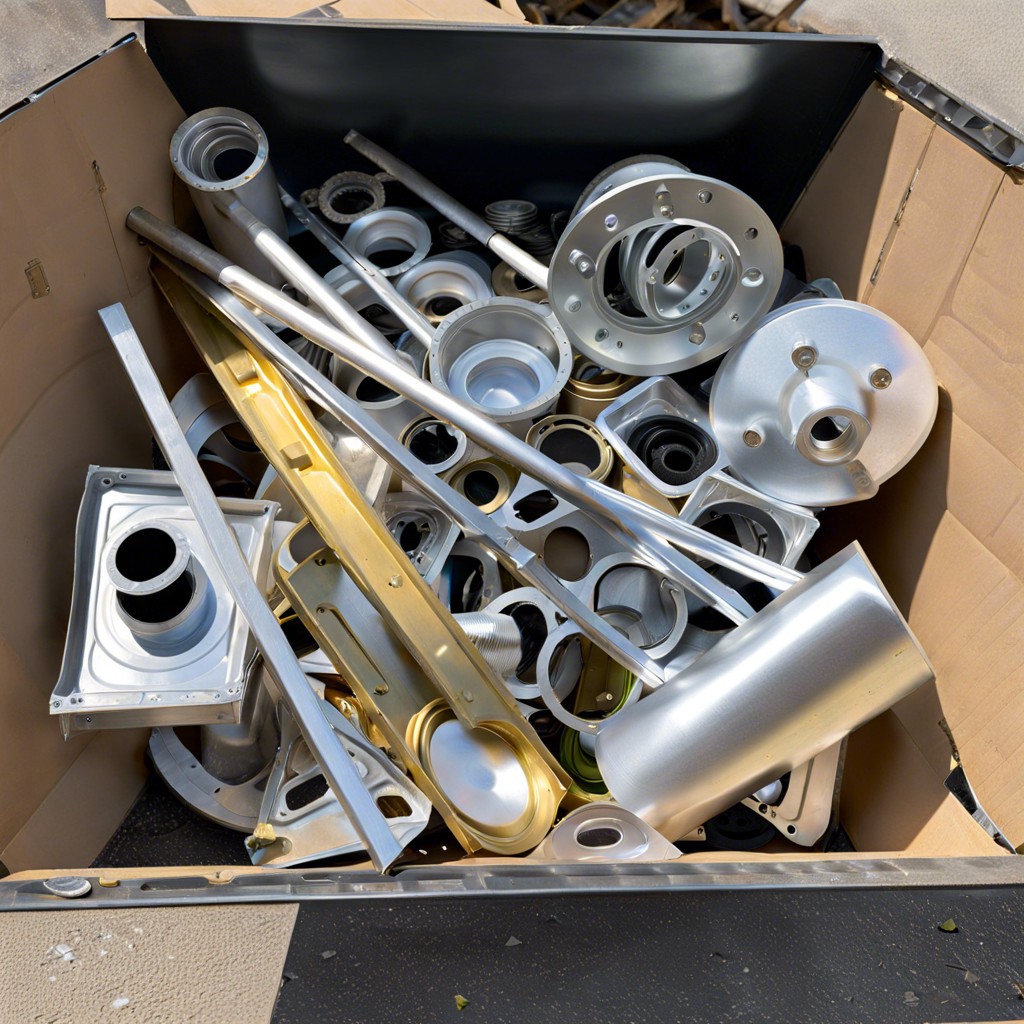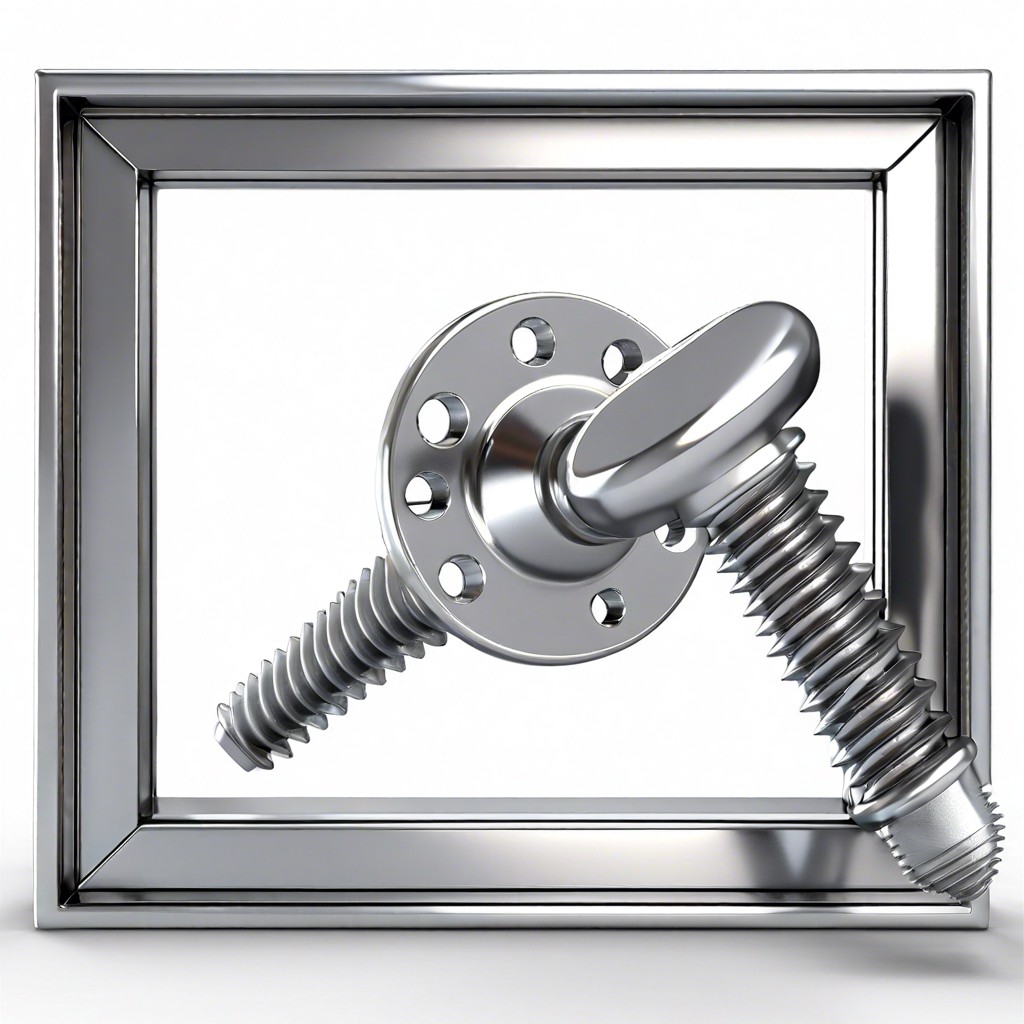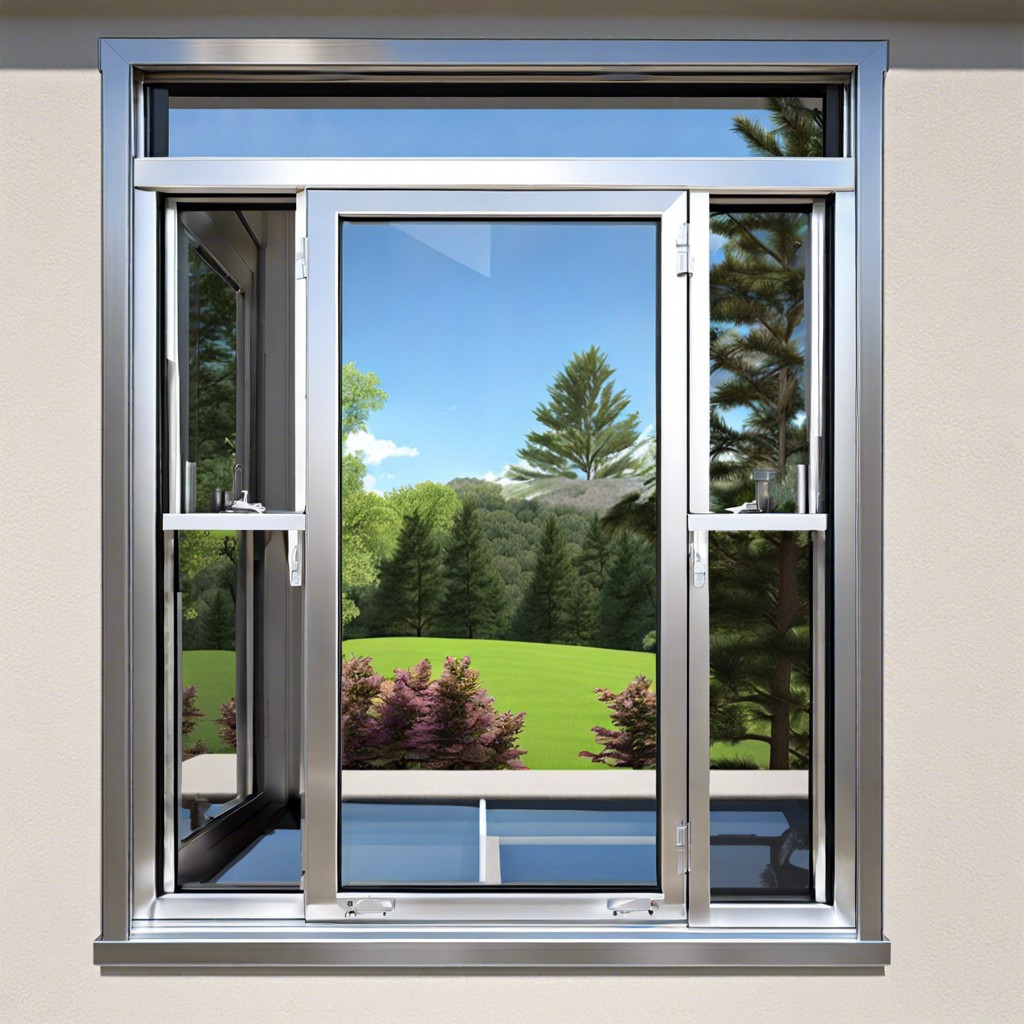Windows are not just portals to the outside world, but they are essential components of a comfortable, energy-efficient home. If your windows are older or are showing signs of wear and tear, it may be time to consider window replacement.
There are a lot of factors to consider when replacing your windows. You will need to decide on the window type, the wood grain, color, size, and much more. However, one aspect of window replacement many homeowners forget about is when it occurs. The time of year you replace your windows can greatly affect the success and efficiency of the project.
To ensure your window replacement goes as smoothly as possible, you should consider the information presented in the rest of this article.
The Best Time of Year to Replace Windows

We should start by saying your answer to this question will be unique to your family, home, and location. There is really no “right” answer when it comes to when you should replace your windows. Yet, if you live in a climate that gets extreme weather, either in the summer or winter, you will need to consider that before scheduling your window replacement.
In general, most experts recommend replacing your windows in either the spring or fall. These seasons tend to be the most temperate throughout the United States. However, as we will discuss below, you may still have to deal with unpredictable weather conditions. Yet, both fall and spring present several advantages that make them the perfect time to breathe new life into your home through the installation of new windows.
Replacing Windows in the Spring

Spring is often a time of rejuvenation. In areas of the country that experience four seasons, spring is when winter’s chill fades away, and nature awakens with new growth. For many homeowners, this season is perfect to create a new look for their home by replacing their windows.
However, there are pros and cons to replacing windows in the spring. We examine both below.
Cons
Let’s begin with the cons. Here are a few things to consider when scheduling your window replacement this spring.
- Overbooked contractors: Spring is a popular time for various home improvement projects. There will likely be an increased demand for contractors in your area during this season, leading to scheduling difficulties and higher prices.
- Temperature and weather fluctuations: Spring is known for its mild temperatures, but it can also have unpredictable weather conditions and temperature fluctuations. These issues could potentially delay your window replacement or add complications.
- Increased pollen: Spring is notorious for increased pollen. If you or your family members suffer from seasonal allergies, the open windows during the replacement process could introduce pollen into your home, causing allergies to flare.
- Delayed landscaping: If your window replacement involves changes to the exterior of your home, such as resizing or reconfiguring windows, it may delay your spring landscaping plans.
Pros
There are lots of reasons why spring is such a popular time for window replacements. Here are a few of the top advantages.
- Temperate weather: While the weather in spring may be slightly unpredictable, it is still generally mild. You will not have to deal with the frigid temperatures of winter or the heat of summer, making the window replacement process more enjoyable.
- Natural ventilation: Because of the mild temperatures in spring, many homeowners like keeping their windows open during this season. During the replacement process, opening windows to let in the crisp spring air helps disperse any odors associated with new materials, adhesives, or paints used in the installation.
- Optimal curing conditions: Many window adhesives, paints, and sealants require specific temperature ranges for curing. Spring temperatures are typically within these ranges.
- Increased daylight: Spring may have less daylight than summer, but the days do get longer, giving contractors longer to work on the project and shorten its duration.
- Good preparation for summer: When you replace your windows in spring, you will be completely ready for the summer months. This preparation includes having a better-insulated home and increasing curb appeal if you plan on selling.
Replacing Windows in the Fall

Spring is a great season to replace your windows, but fall comes in a close second. The weather is cooling off after the heat of summer, and the days are still long enough for the contractors to complete the project quickly.
Here are a few more pros and cons to consider about fall window replacement.
Cons
Fall is generally considered a suitable season for various home improvement projects. However, there are some potential drawbacks and challenges associated with this time of year.
- Cool temperatures: The cool temperatures associated with fall in much of the United States can be a problem for some aspects of the window replacement process, such as curing times.
- Falling leaves: If your yard has a lot of trees, the wealth of falling leaves in the fall can pose a problem for window replacement contractors. Too many leaves in the work area can complicate the installation process and require additional cleanup efforts.
- Moisture problems: As in spring, fall weather is often wet and humid. Wet weather conditions may pose challenges during the installation process, potentially leading to delays.
- Limited availability of materials: Fall is one of the most popular seasons for home remodeling. Thus, there may be limitations on the availability of specific window styles or features.
Pros
Many homeowners prefer to begin home improvement projects in the fall. Here are some reasons why.
- Winter preparedness: Replacing windows in the fall allows homeowners to address any potential insulation issues before the arrival of winter, which means your home will be much more comfortable when the cold weather arrives.
- Clearer skies: You can expect rain and stormy weather in the fall, but it is still a drier season than spring. Homeowners will likely experience fewer weather-related delays and complications.
- End-of-season sale: As fall progresses, retailers and contractors may offer end-of-season sales to clear out inventory, allowing homeowners to take advantage of discounts and promotions.
- Less disruption to landscaping: Most landscaping is complete by the fall. Therefore, if you have your windows replaced in this season, you will not have to worry about delays or disruptions to your outdoor spaces.
As you can see, no one season is ideal for new windows. By using the pros and cons listed in this article, you can determine the time of year that will work best for your home and family.
Recap




